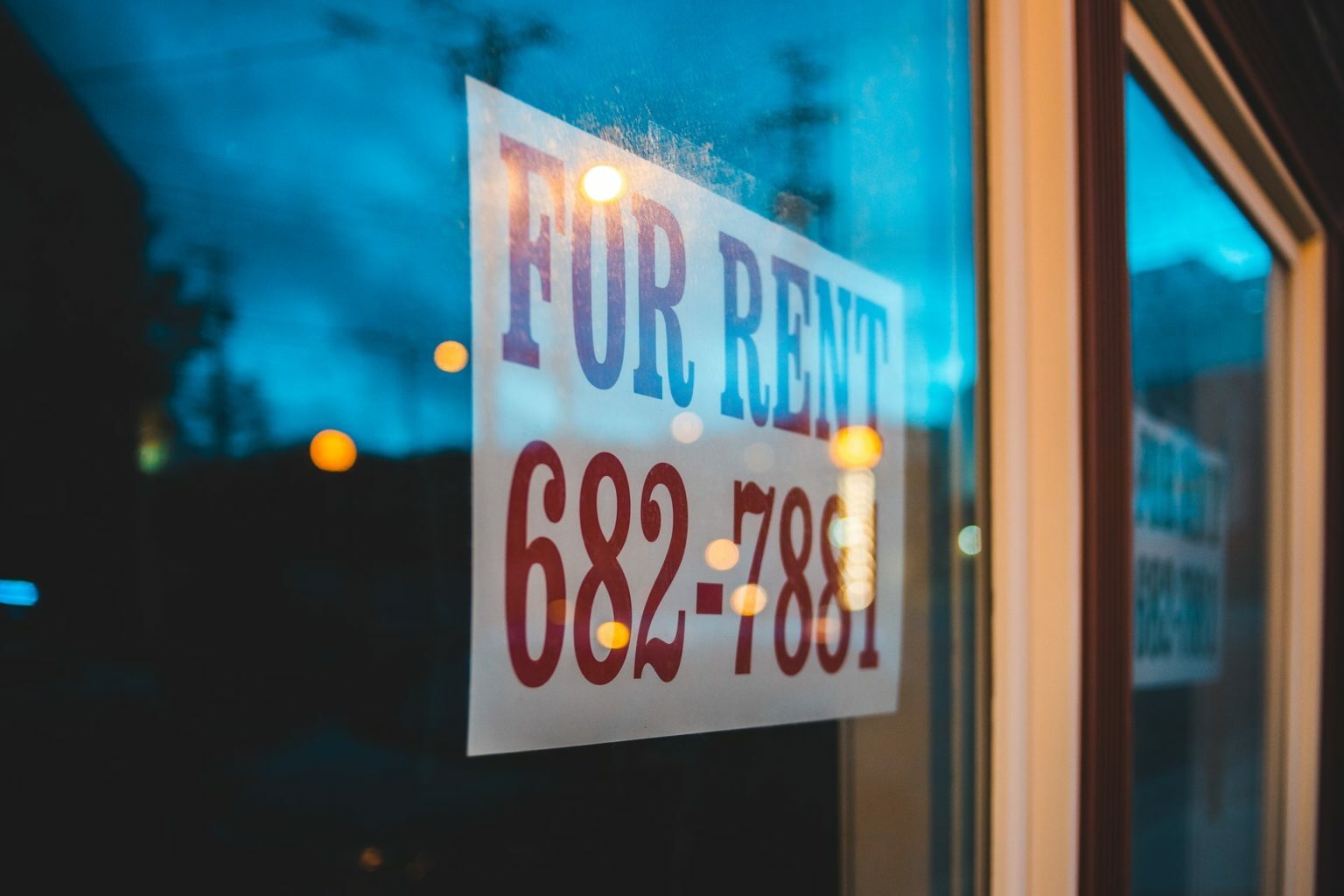A rental property is a powerful kind of investment. On top of being a typical real estate holding—one that can increase in value as the real estate market grows—a rental property offers its owners the chance to generate a steady income from rent.
But profiting from a rental property isn’t quite as simple as it sounds, as anyone involved with an income property can tell you. You’ll have to keep costs lower than the rent while maintaining the space, and you’ll need to price the space correctly on the rental market and get the kind of reliable tenant that will be your ally, rather than your enemy, in your ongoing battle to make your space profitable.
Your tenants are key to your success
Make no mistake: not all tenants are created equal. And if you end up with a problem tenant, it could cost you and your real estate investment dearly.
Bad tenants can hurt you financially in all sorts of ways. Most obviously, they could turn out to be unwilling or unable to pay the full rent every month. That could mean that you have to evict them or take them to court—or settle for less than what you are owed. Some states are more landlord-friendly than others, but it is never a good thing to have a tenant who isn’t paying rent!
On top of that, the wrong kind of tenant could hurt your bottom line by damaging your property—or by allowing it to be damaged through neglect. A good tenant will contact you quickly when something is wrong on your property, allowing you to fix it quickly when the cost of doing so is still relatively low; a bad tenant will fail to notify you and will encourage depreciation on your property by neglecting cleaning and maintenance tasks. They may even actively damage the home by throwing parties or vandalizing your space.
In short, it pays to get the right tenant. But there’s another dimension to this issue, too: while some tenants may be better or worse than others, virtually all tenants will behave differently depending on the status of your relationship with them. One of your jobs as a landlord is to maintain a professional and amicable relationship with your tenants.
How to build and maintain the right type of relationships with your tenants
Your relationship with your tenants begins before they even sign the lease. Use landlord software to make their lives easier, and project the professionalism and efficiency that will help you attract the best possible tenants and earn their respect. Set up a free rental application online using landlord software, respond quickly to requests from potential tenants, and use background check information to carefully choose the right tenant for your space.
Communication is key to a good landlord-tenant relationship, and it starts with the lease. Make sure your tenant(s) knows everything that they should about the property (remember, you are legally required to disclose certain things) and that they fully understand the terms of the lease, including what utility bills are their responsibility, if subletting is permitted, and other key details. A misunderstanding about the lease can make a landlord-tenant relationship toxic from the get-go, so be clear and communicate!
Once your tenant is on the property, be a good landlord! Respond quickly to requests, especially those related to maintenance and repairs. Remember, this is a mutually beneficial situation: the sooner you address maintenance and repair needs, the less it will cost you to do so. Neglecting them, on the other hand, will make small problems worse and will upset your tenant, potentially making them frustrated or angry enough to fail to report problems in the future (or, worse yet, try to fix those problems themselves!).
Finally, stay professional. This is a business, so treat it that way! Your relationship with your tenants should be a professional one, meaning that you are prompt and respectful—even when your tenants are not. Be efficient and reliable, and be friendly without being overly personal. In short, behave like the professional that you want your tenants to see you as!
Remember: tenants matter! Be consistent and respectful of your tenants, and you’ll find that your income property becomes a safer investment.


